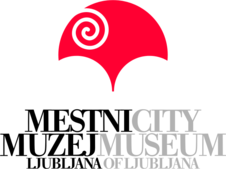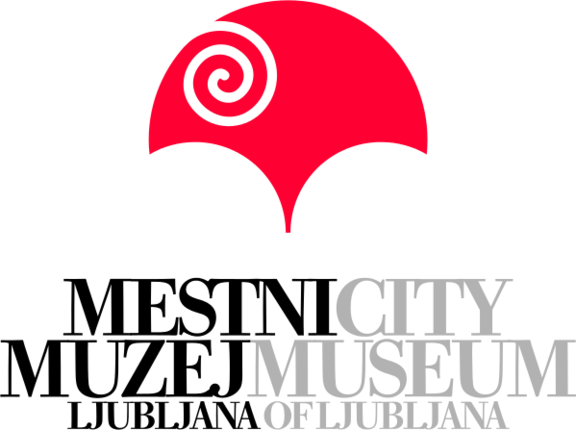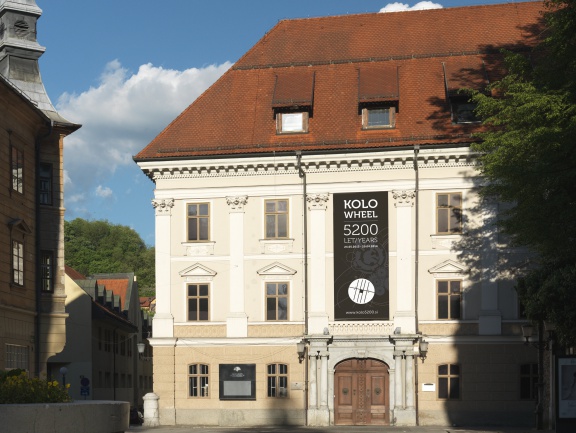Difference between revisions of "City Museum of Ljubljana"
m |
m |
||
| Line 19: | Line 19: | ||
}} | }} | ||
| − | The [[City Museum of Ljubljana]] was established in [[ | + | The [[City Museum of Ljubljana]] was established in [[established::1935]] and has been housed in the Auersperg palace (built in 1642) in the centre of Ljubljana. In recent years it has been completely renovated and a stunning new extension built to a design by the award-winning [[Ofis Arhitekti]] team (Rok Oman & Spela Videčnik). ''In situ'' archaeology in the palace basement, a permanent exhibition and the completed thematic complex, ''Power and Authority of the City'' were inaugurated in Spring 2005. Since January 1st, 2009 it has been operating under the umbrella organisation [[City Museum and Galleries of Ljubljana]]. |
==Featured artifact== | ==Featured artifact== | ||
Revision as of 11:56, 5 October 2009
The City Museum of Ljubljana was established in 1935 and has been housed in the Auersperg palace (built in 1642) in the centre of Ljubljana. In recent years it has been completely renovated and a stunning new extension built to a design by the award-winning Ofis Arhitekti team (Rok Oman & Spela Videčnik). In situ archaeology in the palace basement, a permanent exhibition and the completed thematic complex, Power and Authority of the City were inaugurated in Spring 2005. Since January 1st, 2009 it has been operating under the umbrella organisation City Museum and Galleries of Ljubljana.
Featured artifact
One of its most interesting artifacts is the world's oldest wooden wheel with the axle (3350 to 3100 BC). It was excavated from the remains of the pile-dwelling settlement in the Ljubljana marshes and has a radius of 70 centimeters. It is technologically advanced, made of two ashen panels of the same tree. The axle is 120 centimeters long and made of oak. Most probably the findings belonged to a single-axle cart.
Collections
The City Museum of Ljubljana is concerned with collection, preservation, documentation and research in connection with the lives of the city's inhabitants over several thousands of years. The museum has collected materials, documents and knowledge, and its exhibits and events represent a contemporary symbol of the self-confidence of the Slovene capital and its inhabitants. With its excellent access and detailed information, the City Museum of Ljubljana has become an indispensable source of knowledge of the past and contributes to the understanding of today's Ljubljana and Slovenia.
In recording, collecting, keeping, protecting, researching and presenting the Ljubljana past, the City Museum of Ljubljana has done its best to consider the new role of modern museums, which have become cultural hot spots and the promoters of identity in their local environments. It promotes and strengthens relations with the users through its programmes, as it wishes to realise their interests and wishes. With them, it creates a modern, open and visitor-friendly museum. With its collections, information, interpretations and programmes, the museum reveals the identity of the city, motivating people to reflect on it and reinforcing the city people's pride as well as the visitors' curiosity.
The current permanent exhibition Faces of Ljubljana offers three chapters: stories about the place, the people and the city as a political, economical, scientific and cultural centre.
See also
- Roman Emona
- Tobacco Museum
- Memorial Room of Writer Ivan Cankar
- Ščit - Conservatory Centre of the City Museum of Ljubljana
External links
- City Museum of Ljubljana website
- The world's oldest wheel - dendroarchaeological web page





